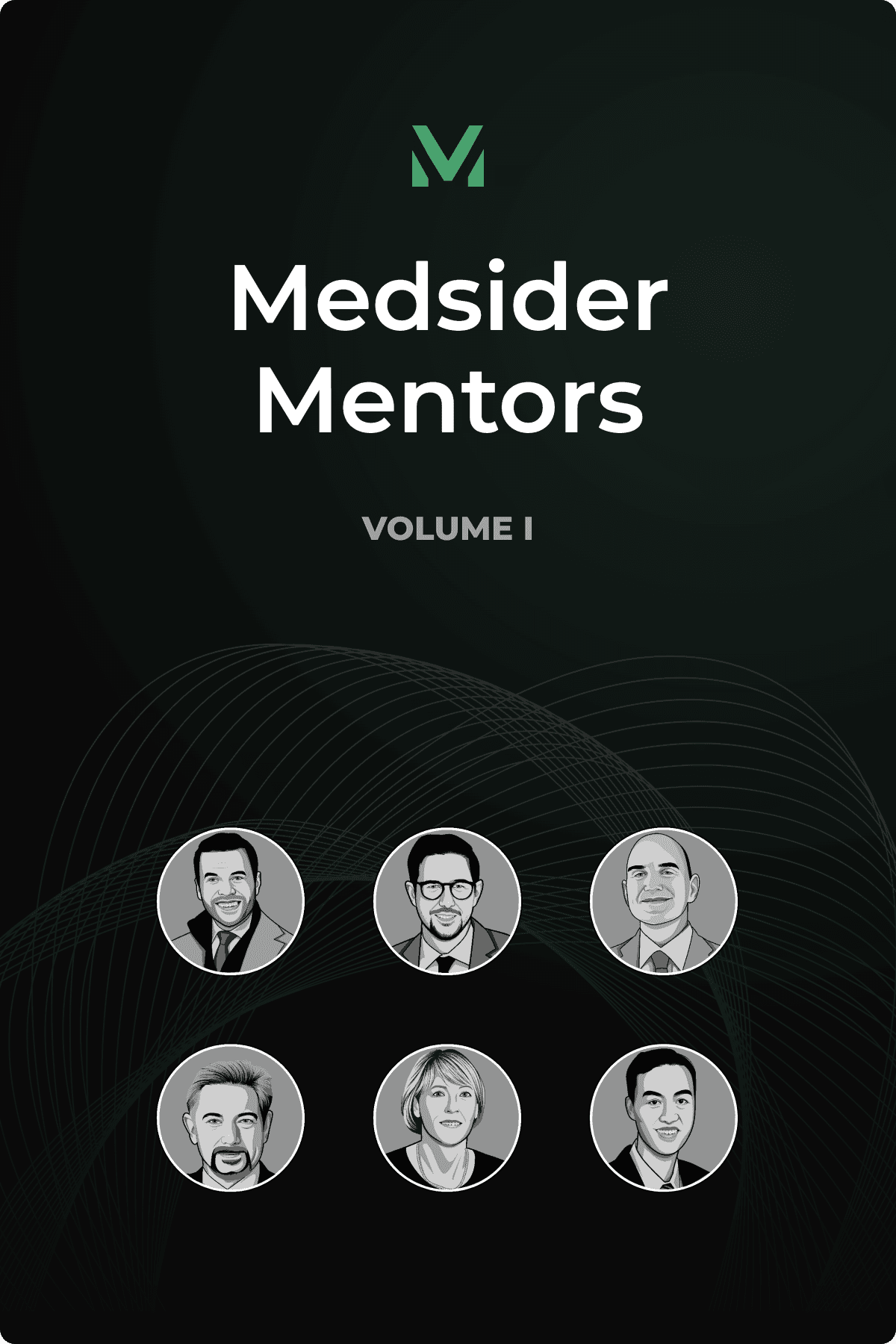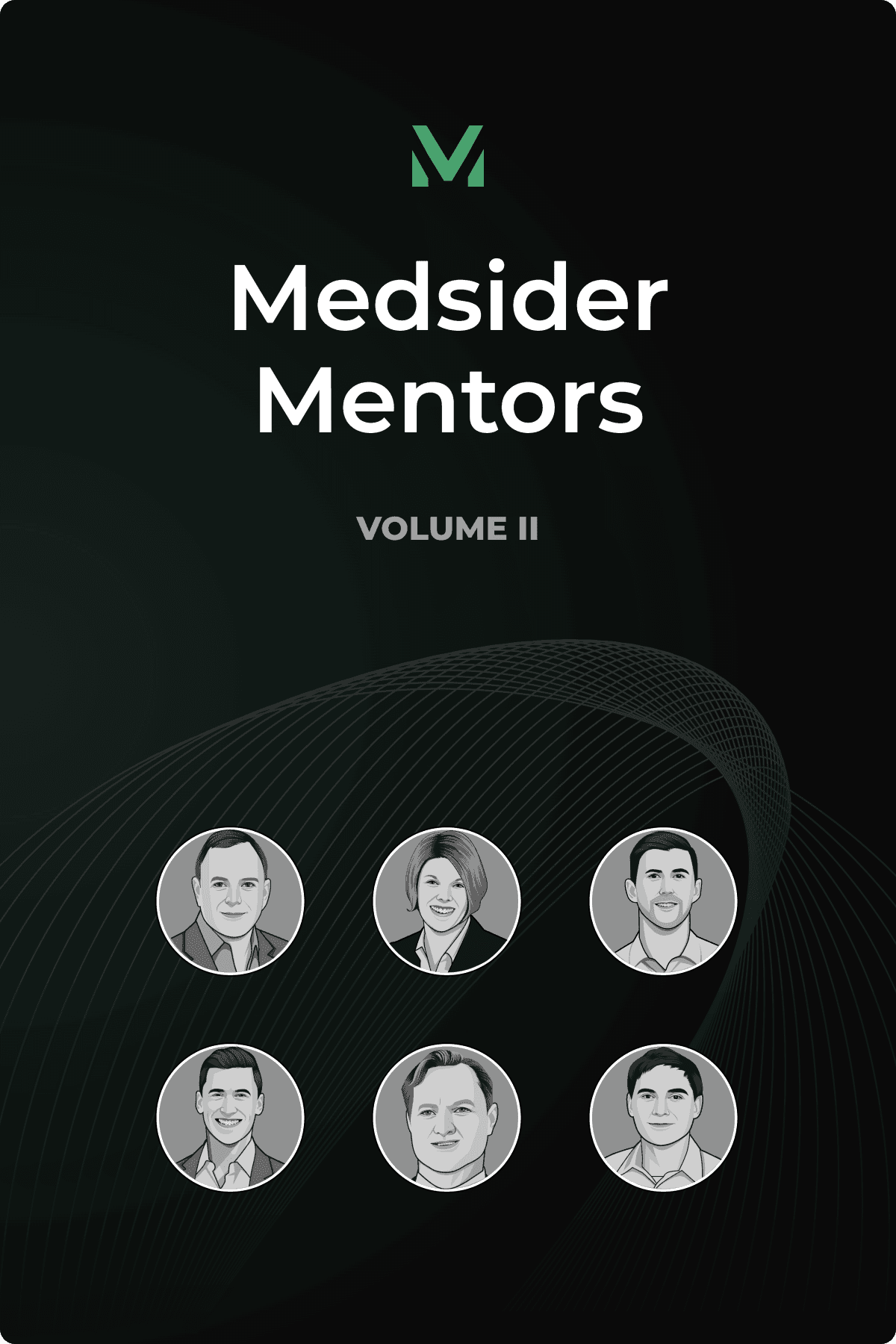Doing Well by Doing Good
Interview with Proprio CEO Gabriel Jones

Gabriel Jones is a captivating figure, driven by an unquenchable curiosity spanning engineering, law, finance, philanthropy, and more. Despite his impressive achievements, Gabriel manages to remain remarkably down-to-earth. His path has been anything but linear, and it's not privilege or luck that has taken him places but his perpetual curiosity.
Gabriel is currently the co-founder and CEO of Proprio. ‘Proprioception,’ also known as kinesthesia, is our body's ability to sense movement, action, and location present in every part of the body. Without it, we wouldn't be able to walk without thinking about our next step. This is exactly what Gabriel and his team at Proprio are honing in on: aiming to revolutionize surgical precision and efficiency with AI-powered technology.
Gabriel’s globe-trotting career started in Japan, where he studied engineering via the University of Washington. The program was taught entirely by Japanese professors, covering a diverse range of subjects like mechanical and electrical engineering, as well as computer science. Competing with hard-working Japanese students, Gabriel excelled and landed a job in Japan at Taisei Kensetsu — one of the largest civil engineering and manufacturing firms in Asia — as their only non-Japanese employee.
But engineering is just the tip of the iceberg. Driven by insatiable curiosity, Gabriel moved to Washington, DC, to study legal systems and governance. He then transitioned to Wall Street, where he worked for high-profile clients such as AT&T and Google and was involved in large-scale mergers and acquisitions.
However, the financial world couldn't hold Gabriel’s interest for long. Feeling a pull towards making a societal impact, he came back to Seattle. There, he engaged with the Bill & Melinda Gates Foundation to work on global initiatives, focusing on healthcare and technology. At this time, he had the opportunity to work directly with Bill Gates on special projects.
Eager to apply his diverse set of skills and experiences and hopefully drop a career anchor, Gabriel co-founded Proprio in 2016. The company's mission reflects his lifelong question: “Is it possible to do well and do good?“
At Proprio, Gabriel and his team are revolutionizing the very nature of surgical interventions, as surgeons tend to rely on outdated methods like reading printouts or X-rays during surgeries. With its emerging technology, Proprio aims to put them in a real-time 3D environment where they’ll get immediate feedback while operating — just like navigating with real-time GPS rather than a printed map. By providing an immersive 3D environment, Proprio tries to tackle a number of challenges in the surgical field, ranging from spinal corrections that are only effective 35% of the time, to catering to patients who need multiple surgeries for the same pathology, like in the case of breast cancer.
It’s safe to say that the future of Proprio is grand, yet grounded. Gabriel sees the technology being adopted across various specialties, whether it's a cardiologist in a cath lab or a general surgeon in an operating room. In numerical terms, that involves tapping into markets with billions of dollars in annual reimbursements, such as the spine surgery market, which grosses $30 billion in the U.S. alone. However, beyond the financial aspects, the real mission is to bring surgical interventions closer to perfection.
Gabriel and his team have come a long way since raising their Series A funding in the middle of the pandemic's first wave — a feat Gabriel jokingly refers to as "raising money from his kitchen." The company still managed to hit significant milestones, having received 510(k) clearance for spine surgeries in April 2023, which has provided a solid foundation to expand into other surgical areas.
Key Learnings From Gabriel’s Experience
To truly create a long-lasting impact, your company needs to function as a platform that benefits all its partners. Don’t think of your startup as a solitary entity but as a part of a larger system where your success can uplift others.
Raising capital is a challenge that tests a founder's skills, patience, and ability to adapt. Take a phased, incremental approach to growth, focus your efforts, implement timing cushions, and put yourself in the shoes of the investors you’re pitching to.
Marketing communications, or PR, is not an afterthought or a checkbox to tick off — it should be an integrated part of how you envision leadership, both as a tool for inspiration and a framework for building a sustainable road for your company’s future.
You May Like These Articles
Medsider Premium
Become a premium member and unlock access to exclusive Medsider benefits.



